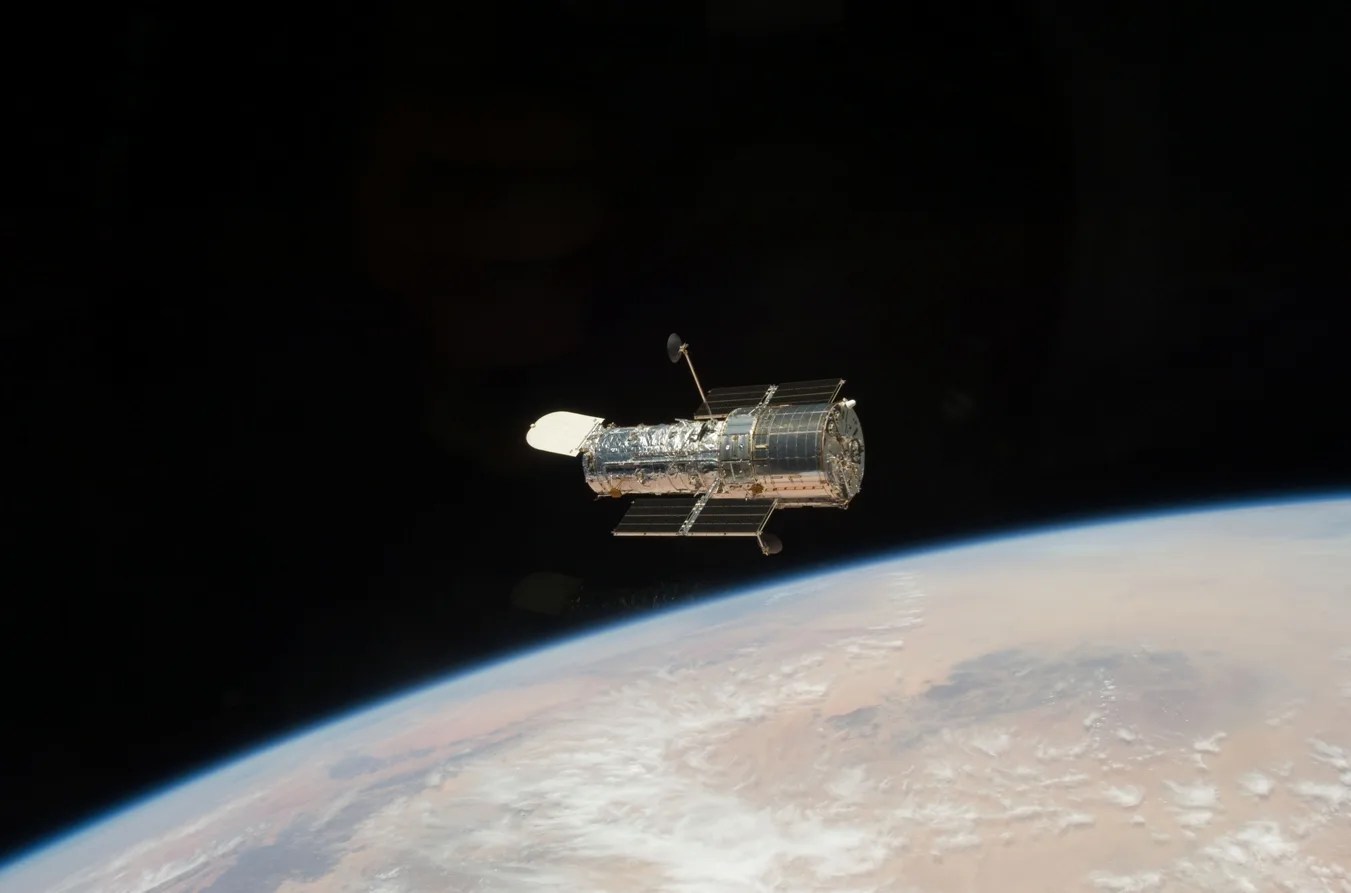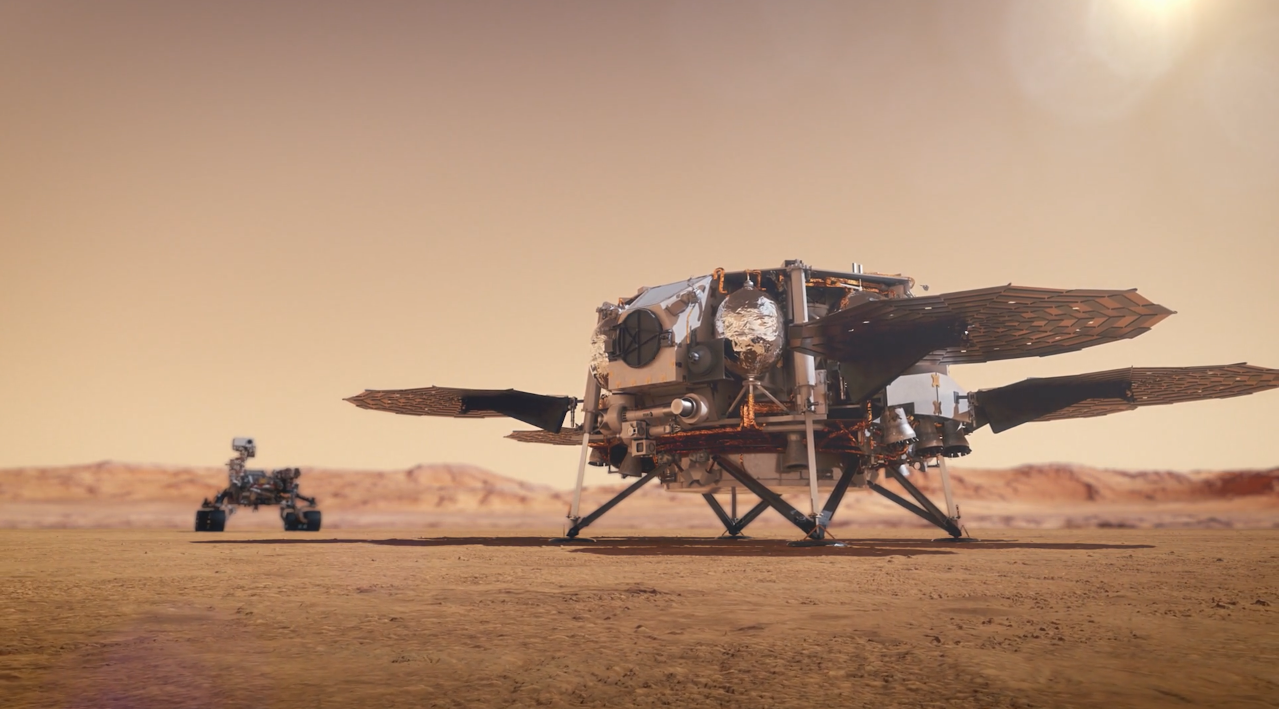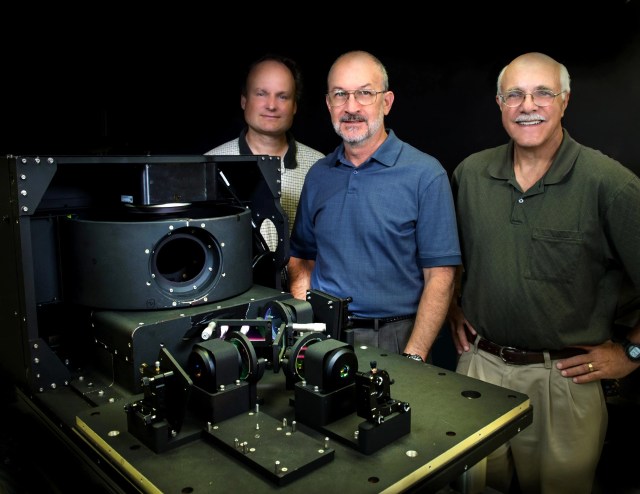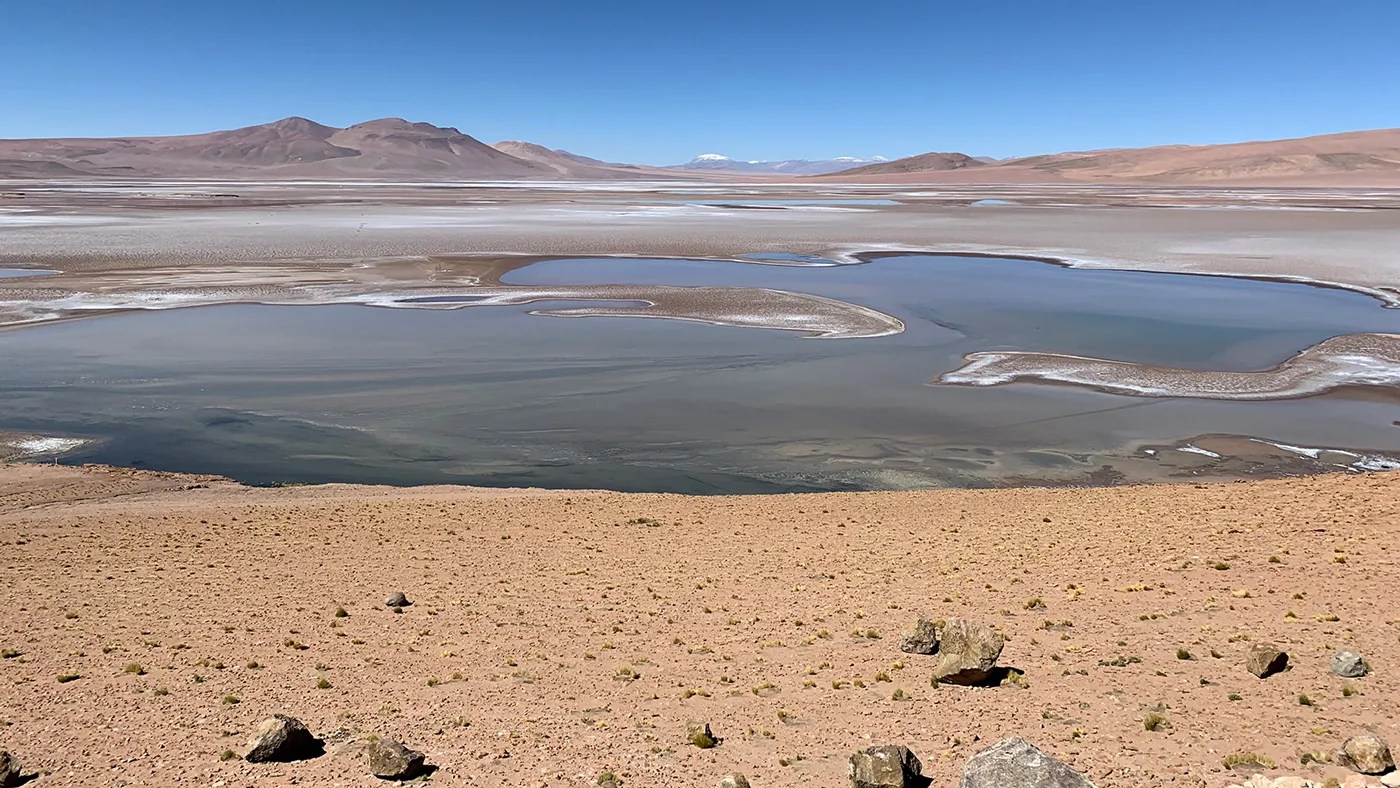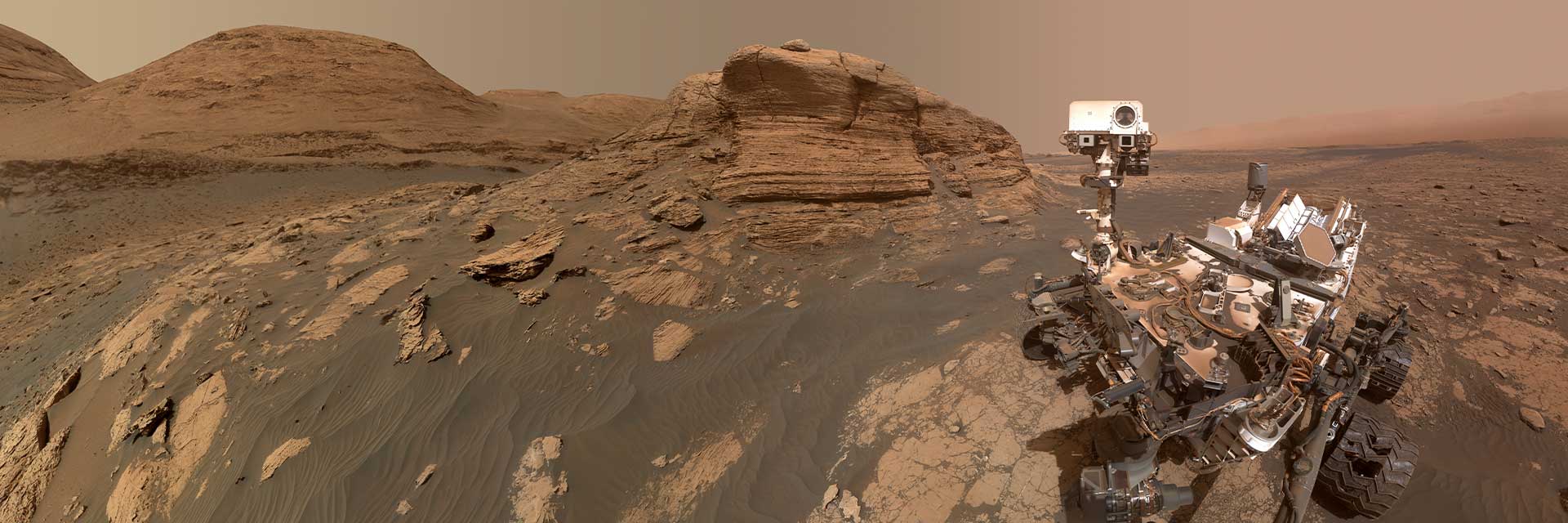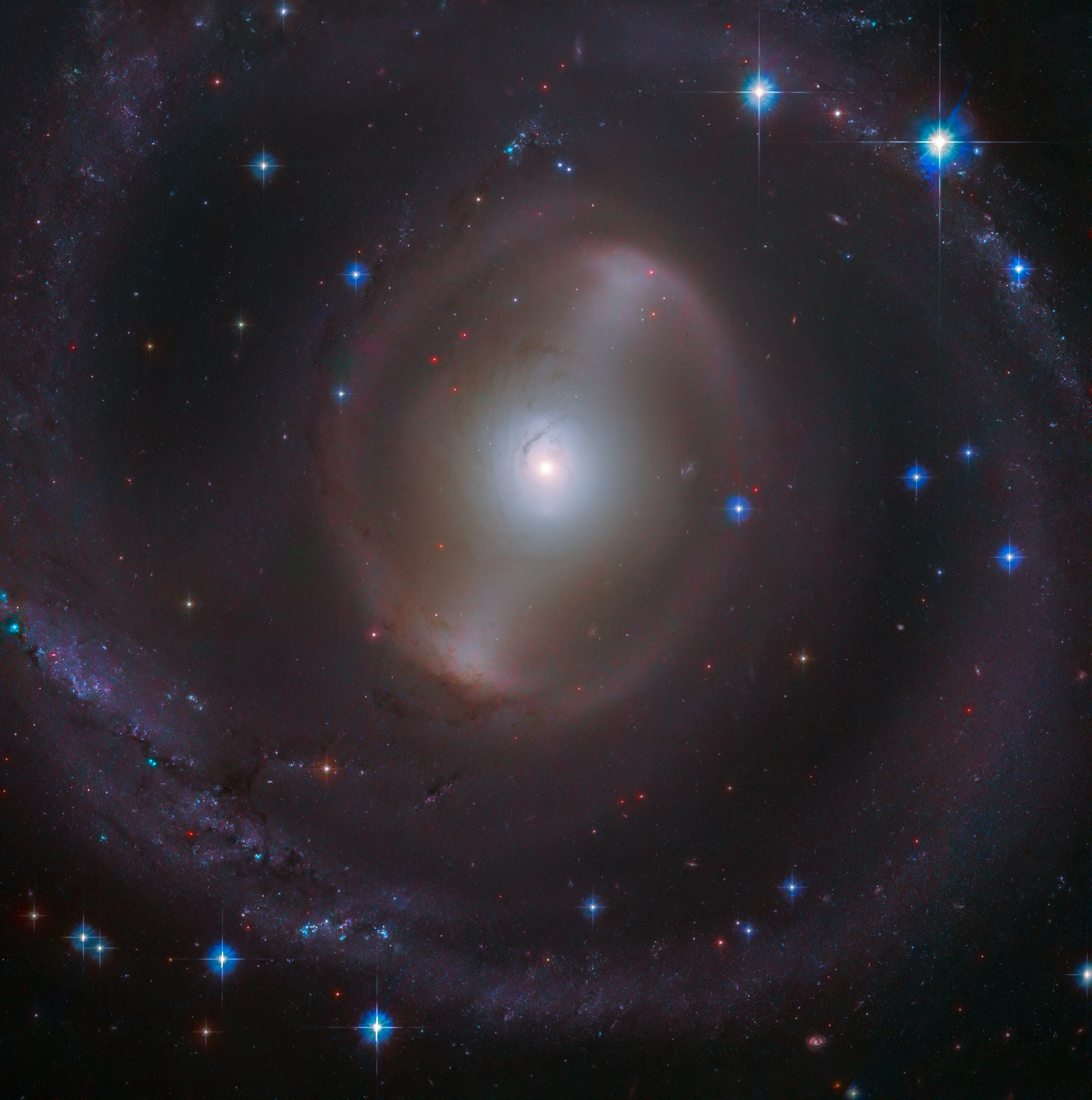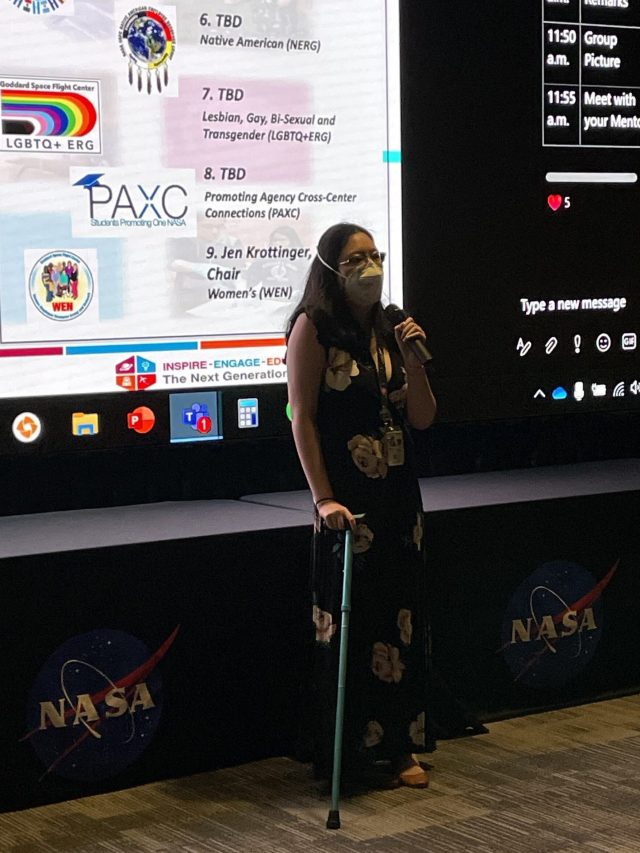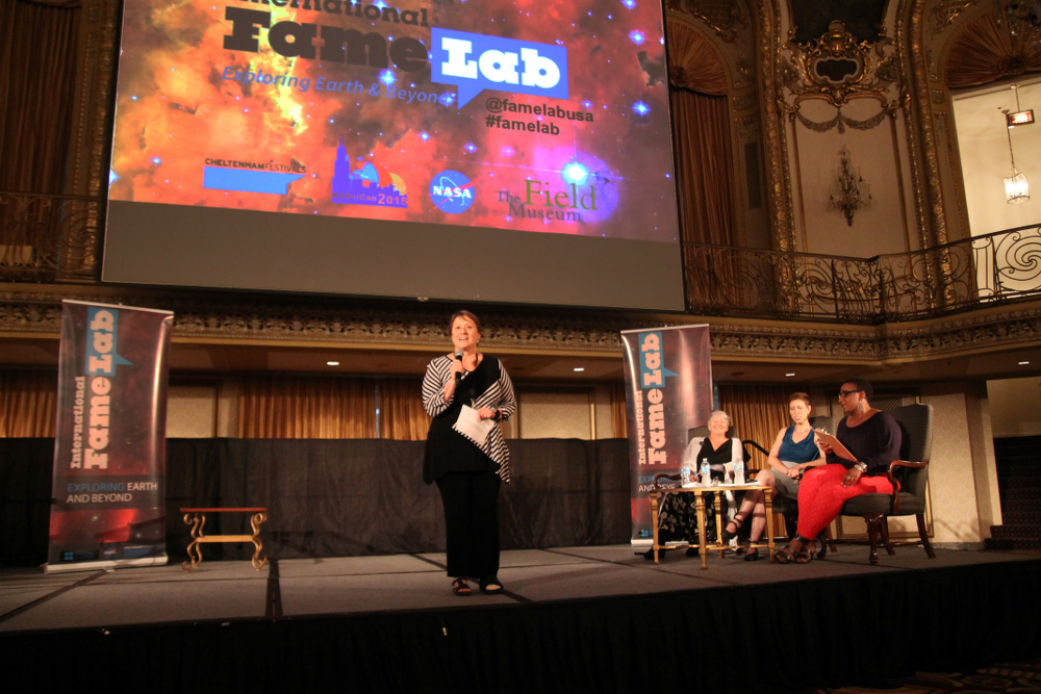NASA scientists from across the agency will present their latest findings and perspectives on topics ranging from the origins and evolution of life on Earth to the search for habitable environments and life in our solar system and beyond during the 2017 Astrobiology Science Conference, April 24-28 in Mesa, Arizona.
Among the scientists scheduled to present at the conference are:
- Giada Arney from NASA’s Goddard Space Flight Center in Greenbelt, Maryland, will discuss organic haze on Earthlike planets as a possible biosignatures
- Morgan Cable at NASA’s Jet Propulsion Laboratory in Pasadena, California, will talk about mechanisms for enrichment of organics in Enceladus plumes
- John Grunsfeld, former NASA astronaut and associate administrator for science, will deliver a presentation on next-generation space telescopes for terrestrial exoplanet characterization and the search for biosignatures
- Michael Mumma from Goddard will discuss methane as a possible messenger in the search for life on Mars
- Andrew Pohorille at NASA’s Ames Research Center in California’s Silicon Valley will talk about the origin and evolution of information transfer in biological systems
On Sunday, April 23, NASA will hold a town hall meeting from 12:30 to 6 p.m. PDT at the Phoenix Marriott Mesa Hotel to solicit feedback from the astrobiology community on the Europa Lander Science Definition Team report. For more information on this town hall, contact Curt Niebur at curt.niebur@nasa.gov.
The Roadmaps to Ocean Worlds (ROW) team, chartered to identify science objectives and exploration roadmaps for ocean worlds, will hold a town hall from 12:15 to 1:15 p.m. on Monday, April 24, to share its progress and gather input from the astrobiology community.
Arizona State University (ASU), host of the conference, will hold two free public events at the Phoenix Marriott Mesa Hotel. The ASU Beyond Center will sponsor a program from 7 to 8:30 p.m. Tuesday, April 25 titled “Where a Second Example of Life Might be Discovered in the Next Century.” On Thursday, April 26, the ASU Origins Project will sponsor a program from 6:30 to 8:30 p.m. on “How Astrobiology and Planetary Science Inform a Perspective of Planetary Stewardship.”
The conference will take place at the Mesa Convention Center, located at 263 N. Center Street, and the Phoenix Marriott Mesa Hotel, at 200 North Centennial Way.
The Lunar and Planetary Institute is responsible for conference logistics.
Media may register to attend. For more information, including links to the program, media advisories and contact information, visit:
Select events will be live streamed, and schedules are available at:
http://astrobiology.nasa.gov/livestream
For information about NASA astrobiology visit:
-end-
Dwayne Brown / Laurie Cantillo
Headquarters, Washington
202-358-1726 / 202-358-1077
dwayne.c.brown@nasa.gov / laura.l.cantillo@nasa.gov


